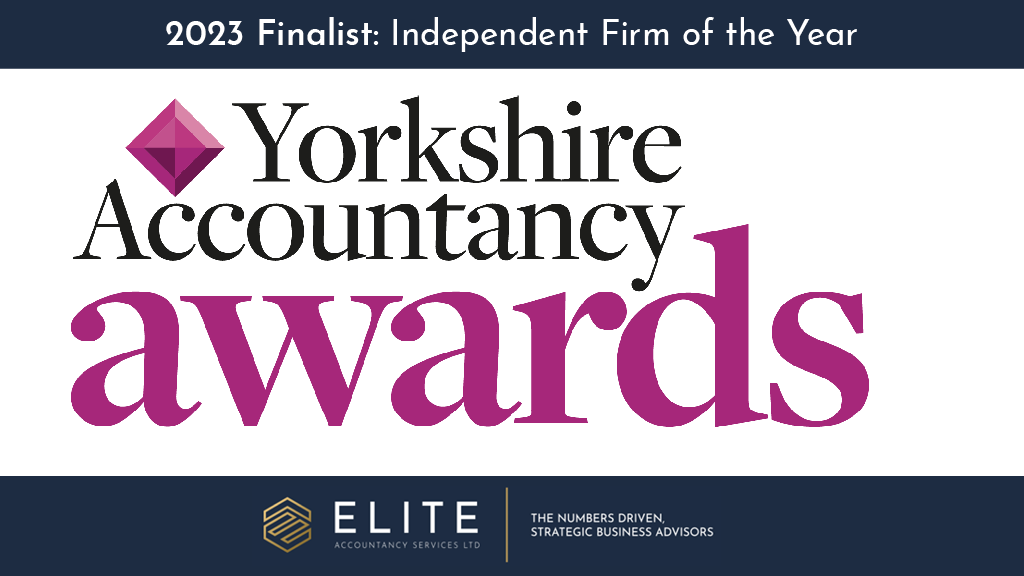Chancellor promises to drive growth and raises £40 billion in taxes
1 November 2024

Chancellor Rachel Reeves pledged to 'invest, invest, invest' to drive growth and 'restore economic stability' in the Autumn Budget. The Budget, Labour's first in over 14 years and the first ever delivered by a female Chancellor, saw £40 billion in tax announcements.
Ms Reeves repeated her claims that the government had inherited a £22 billion 'black hole' in public finances from the Conservative Party. She also stated that the government would protect living standards by unfreezing the thresholds on Income Tax and National Insurance Contributions (NICs) from 2028, and she extended the cut in Fuel Duty for another year.
Employers will be hardest hit, as the Chancellor announced increases in minimum wages, higher employer NIC and reduced business rates relief.
The rate of employer NICs will increase by 1.2% to 15% from 6 April 2025. Additionally, the Secondary Threshold, which determines when employers become liable to pay NICs on employee salaries, will fall from £9,100 to £5,000 per year, resulting in an extra cost of £615 per employee earning over £9,100. Although the NI threshold has been lowered, there is some good news for employers: the employment allowance will rise from £5,000 to £10,500, increasing the amount of National Insurance a business can offset.
The National Living Wage for workers over 21 will increase by 6.7% to £12.21 per hour in April 2025, which is worth an extra £1,100 per year for a full-time worker. Meanwhile, the National Minimum Wage for 18 to 20-year-olds will go up by 16% to £10 per hour.
The current 75% discount on business rates will expire in April 2025, replaced by a 40% discount, with a maximum cap of £110,000.
In addition, there is a plan to introduce permanently lower business rates for high-street retail, hospitality and leisure properties from 2026-27.
Capital Gains Tax (CGT) on non-residential assets will increase from 10% to 18% for lower-rate taxpayers and from 20% to 24% for higher-rate taxpayers, effective from 30 October 2024. This will re-align non-residential assets CGT with residential assets CGT. Business Asset Disposal Relief (BADR) will remain at 10% this year before also increasing to 18%. The increase will be phased with a rise to 14% from April 2025 and 18% from April 2026.
The Inheritance Tax (IHT) nil-rate band remains unchanged at £325,000, but from April 2027, inherited pension pots will be included in IHT, where they are currently exempt.
From April 2026, reforms will take place for agricultural property relief and business property relief. The highest rate of relief will remain at 100% for the first £1 million of combined businesses and agricultural assets. However, the relief rate after this threshold will decrease to 50%.
Lastly, as expected, The Chancellor also confirmed that VAT will be introduced to private school fees.
News
Let’s Talk
Keen to chat about an opportunity or interested in working with us on something right away? Let’s grab a coffee.
Let's TalkLocation & contact
The Point
Mayfield Rd
Ilkley
LS29 8FL












